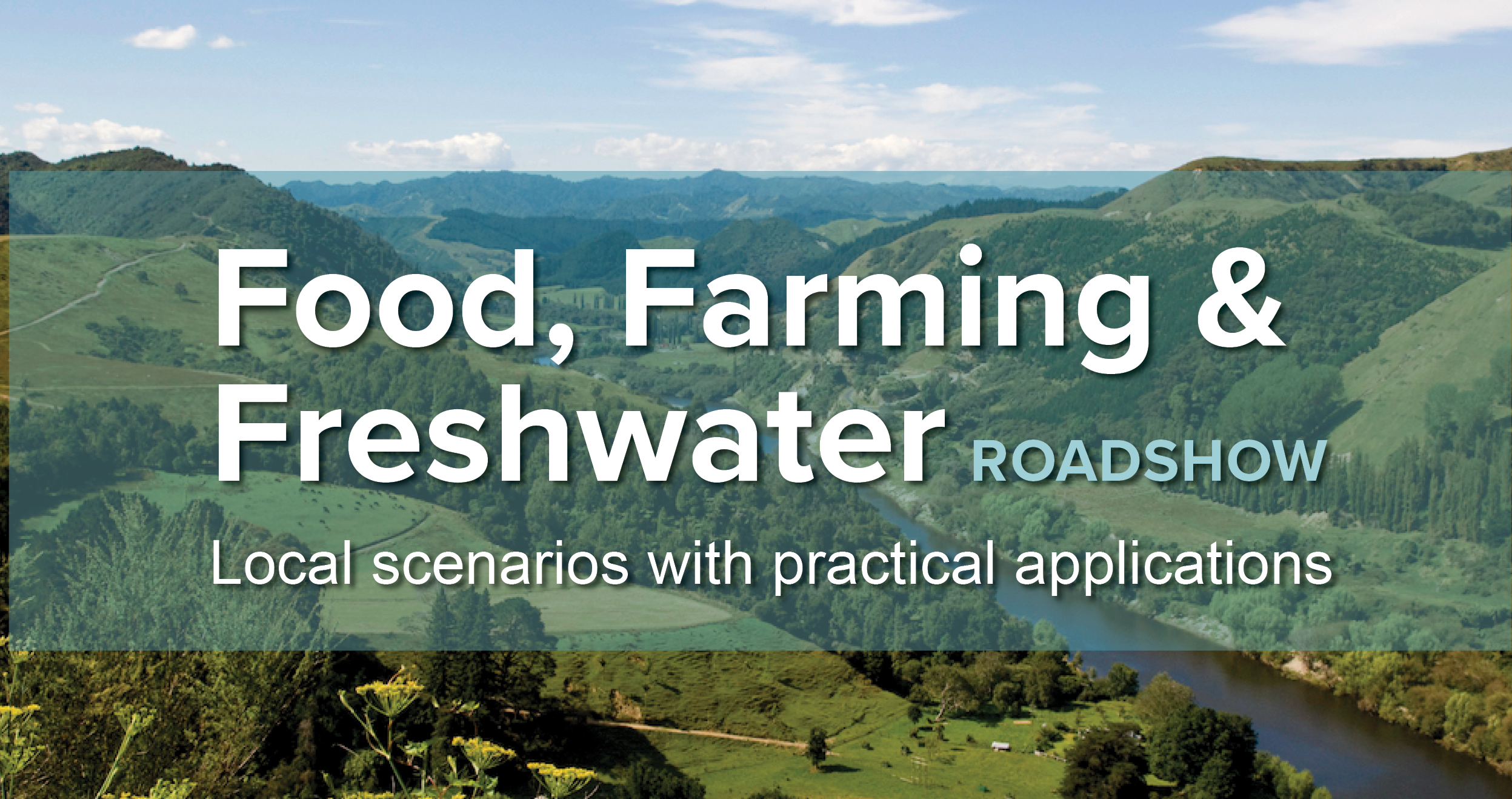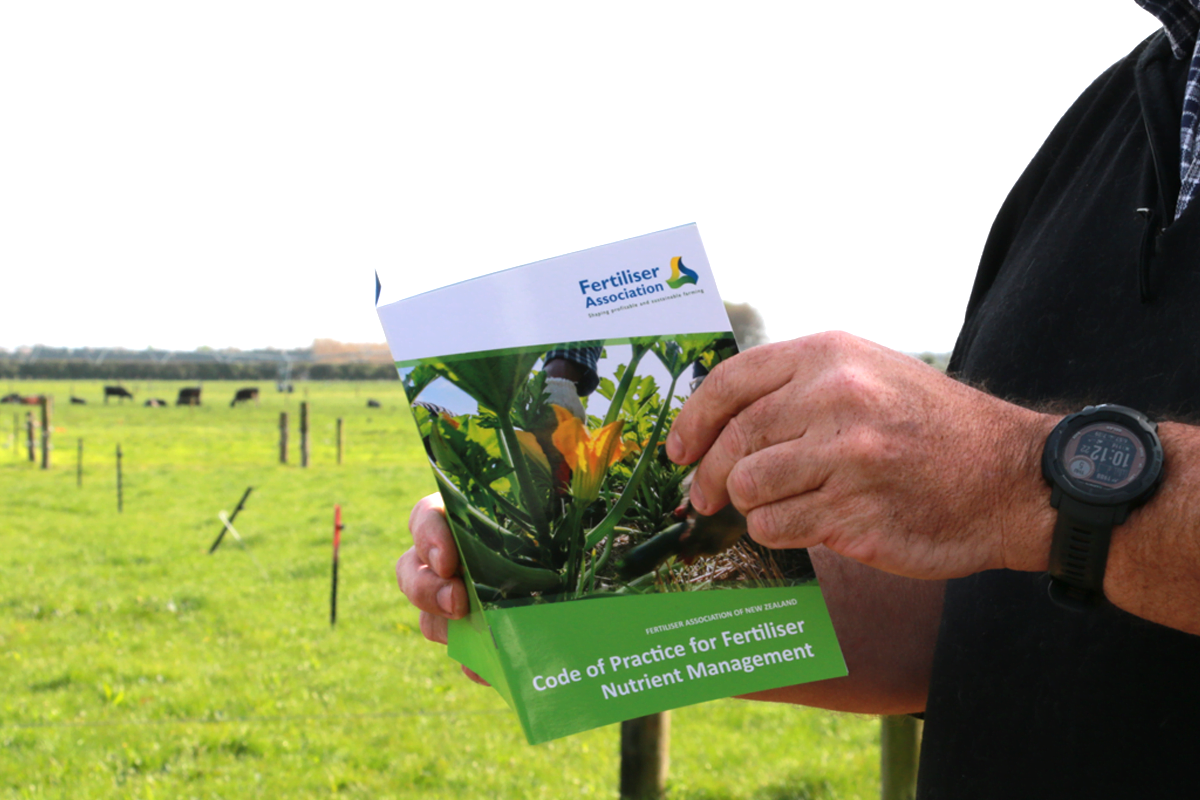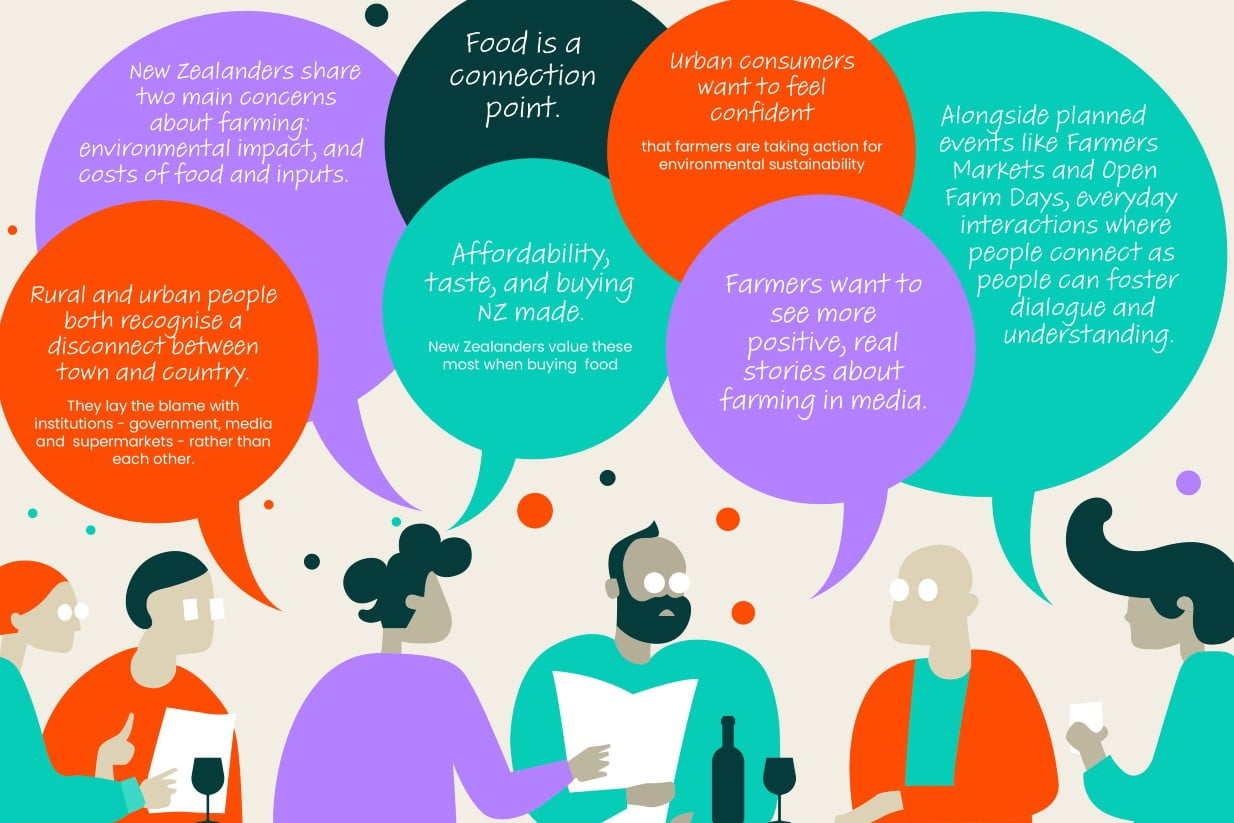Trusting in the’Eye in the Sky’? Farmers’ and Auditors’ Perceptions of Drone Use in Environmental Auditing
November 2021
Publication: Sustainability
Author(s): X. Lucock, V. Westbrooke
Worldwide, the agricultural sector is under pressure to demonstrate environmental sustainability. In New Zealand, farm environment plans (FEPs) and their auditing were intended to guide farmers towards sustainable practices by meeting regulations. However, on-farm audits can be time consuming, costly, and stressful for farmers. Meanwhile, the advancement of drone technology has made it possible to incorporate such tools in environmental audits. By means of field observation and in-depth interviews with both farmers and auditors, this research investigated the processes and perceptions of incorporating drones in environmental audits.
The aerial views provided additional, high-quality information for the audit. However, flying a drone is subject to weather conditions. Additionally, reductions in audit time were dependent on farm scale, topography, and the auditor’s knowledge of the farm and the farmer. Farmer-auditor relationships are critical for enabling the benefits of drone use within the FEP audit process. Such relationships require a high level of interaction-based trust between farmers and auditors.
Further clarity around the use and ownership of drone images could enhance trust, enabling the benefits of drones in audits to be fully utilised, hence furthering the environmental management and compliance processes towards achieving their objectives of better environmental outcomes.
 View Our Strategy Document 2019 – 2024
View Our Strategy Document 2019 – 2024



